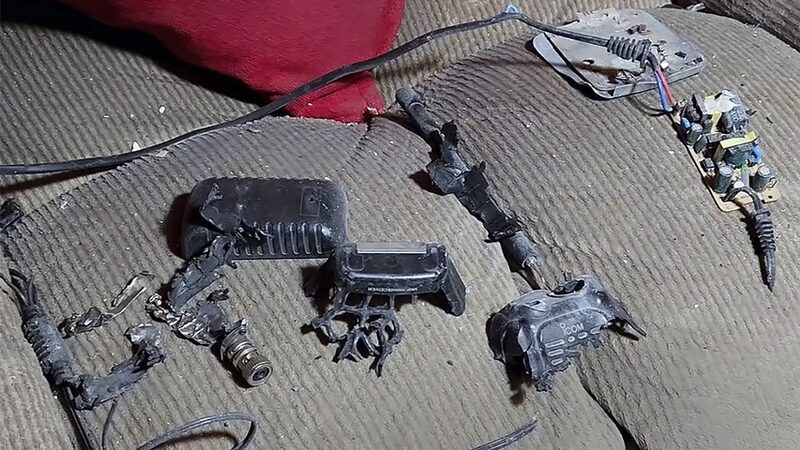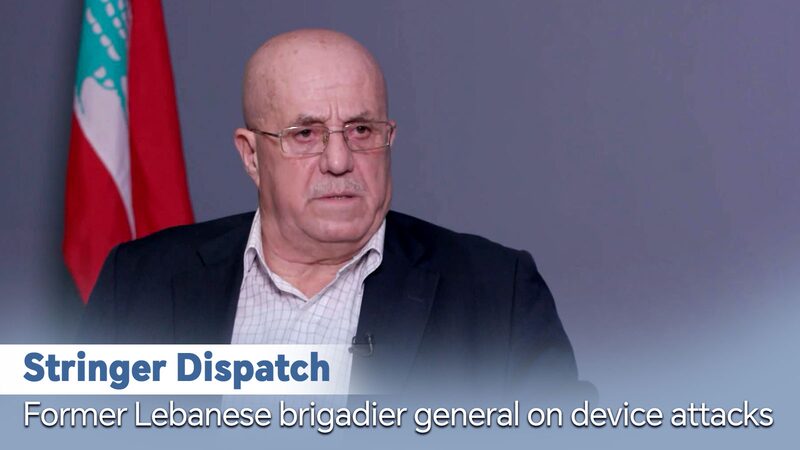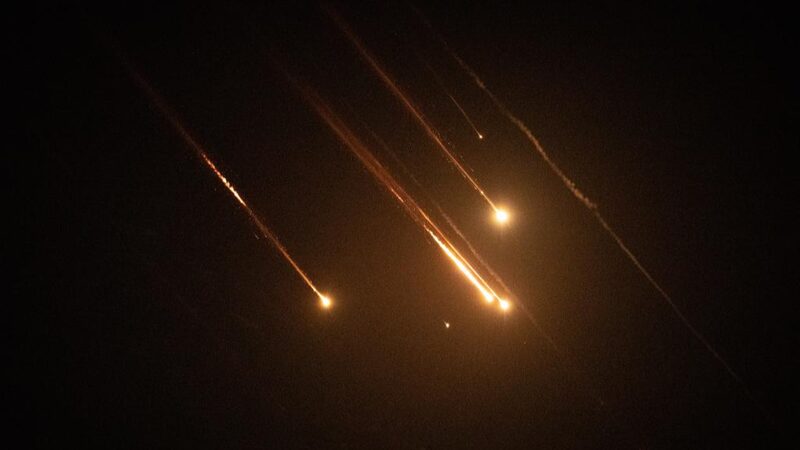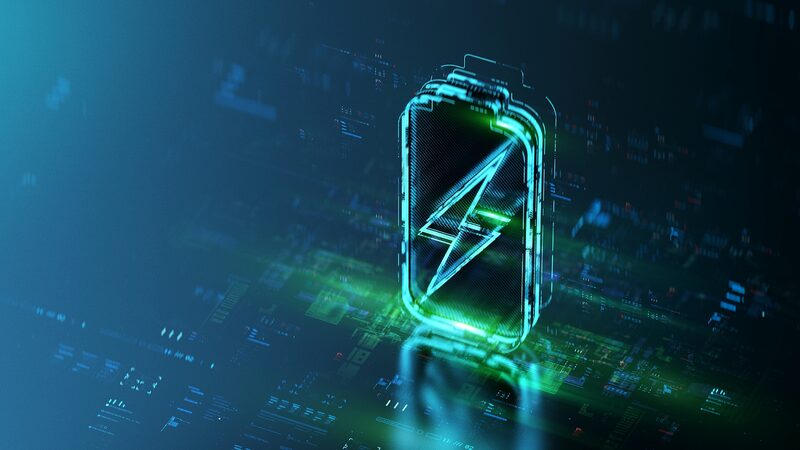Confusion reigns after explosions in Lebanon destroyed thousands of handheld walkie-talkies and pagers used by Hezbollah members this week. Amid the chaos, tech companies linked to the devices are denying responsibility, sparking questions about supply chains and security risks. 🌍🔍
Icom’s Walkie-Talkie Mystery
Japanese company Icom acknowledged its IC-V82 model was exported to the Middle East until 2014 but halted production of both the device and its batteries. Photos of the exploded units showed severe battery damage, prompting Icom Director Yoshiki Enomoto to suggest “modifications” post-procurement. Meanwhile, Icom America’s Ray Novak insisted the devices were counterfeit. “They are not our products,” he told AP. 🕵️♂️
Gold Apollo and BAC’s Pager Drama
Gold Apollo, licensing its brand for the AR-924 pager involved in Tuesday’s blasts, claimed Hungary-based BAC Consulting handled manufacturing. But BAC’s CEO Cristiana Barsony-Arcidiacono pushed back, telling NBC: “I don’t make the pagers.” Hungarian officials later stated the devices “never entered” Hungary. 🤯
Tech Vulnerabilities Exposed
Cybersecurity expert Hadi El Khoury warned Al Jazeera that relying on Western tech like Siemens or Microsoft could create “weak points” in security chains. “If you don’t control the supply chain, your device isn’t hacker-proof,” he said. 💻🔓
As investigations continue, the blasts highlight how global tech networks can become entangled in regional conflicts—and who gets caught in the crossfire. 📌
Reference(s):
Confusion surrounds companies in the Lebanon explosion cases
cgtn.com






